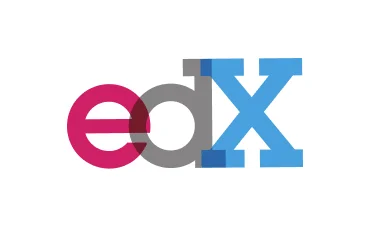When you enroll through our links, we may earn a small commission—at no extra cost to you. This helps keep our platform free and inspires us to add more value.

UChicagoX: Quantum Computer Systems Design III: Working with Noisy Systems
This course explores the basic design principles of today's quantum computer systems. In this course, students will learn to work with the IBM Qiskit software tools to write simple quantum programs and execute them on cloud-accessible quantum hardware.

This Course Includes
 edx
edx 0 (0 reviews )
0 (0 reviews ) 4 weeks at 8-12 hours per week
4 weeks at 8-12 hours per week english
english Online - Self Paced
Online - Self Paced course
course UChicagoX
UChicagoX
About UChicagoX: Quantum Computer Systems Design III: Working with Noisy Systems
This quantum computing course explores the basic design principles of today's quantum computer systems. In this course, students will learn to work with the IBM Qiskit software tools to write simple programs in Python and execute them on cloud-accessible quantum hardware. Topics covered in this course include:
Introduction to systems research in quantum computing
Fundamental rules in quantum computing, Bloch Sphere, Feynman Path Sum
Sequential and parallel execution of quantum gates, EPR pair, no-cloning theorem, quantum teleportation
Medium-size algorithms for NISQ (near-term intermediate scale quantum) computers
Quantum processor microarchitecture: classical and quantum control
Quantum program compilation and qubit memory management
Keywords: quantum computing, computer science, linear algebra, compiler, circuit optimization, python, qiskit, quantum algorithms, quantum technology, superposition, entanglement, qubit technology, superconducting qubit, transmon qubit, ion-trap qubit, photonic qubit, real quantum computers
What You Will Learn?
- Understand design principles of full-stack quantum software design.
- Understand several examples of quantum system inefficiencies.
- Learn how to apply several classical software techniques to improve quantum hardware reliability and performance.
- Learn examples of how classical software techniques can be applied to make quantum systems more reliable and efficient.
- Learn how to think about the overall design of a quantum system and how the software and hardware work together.
- Develop unique skills to be more competitive in seeking a position in quantum software development.